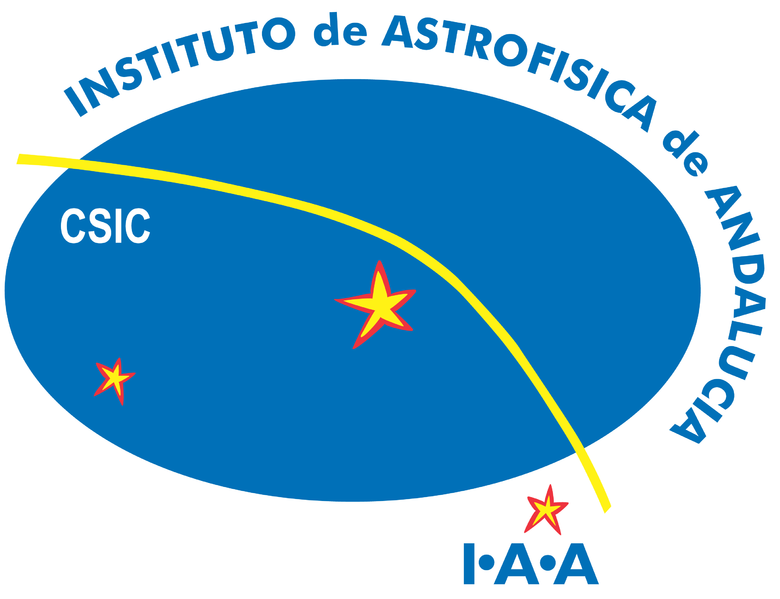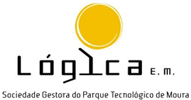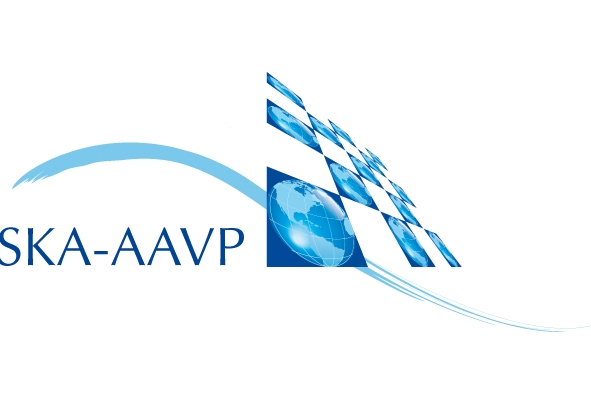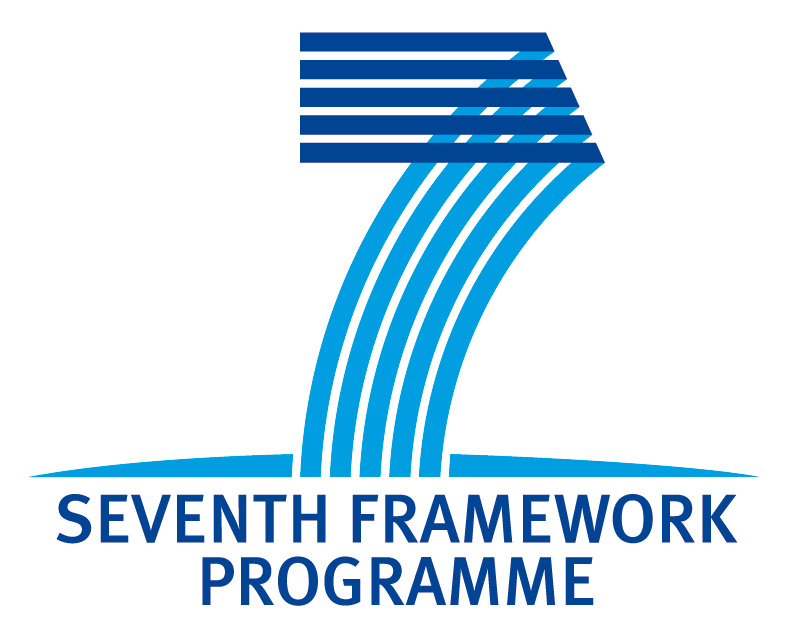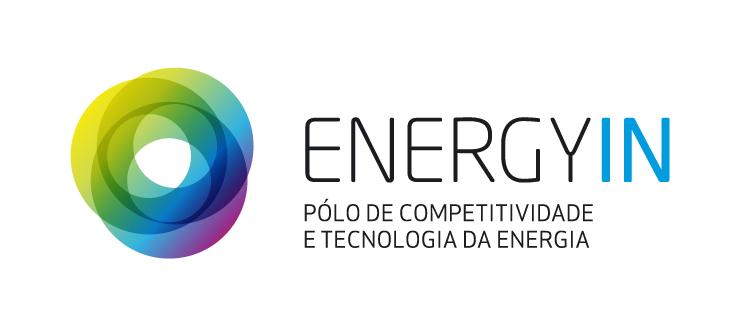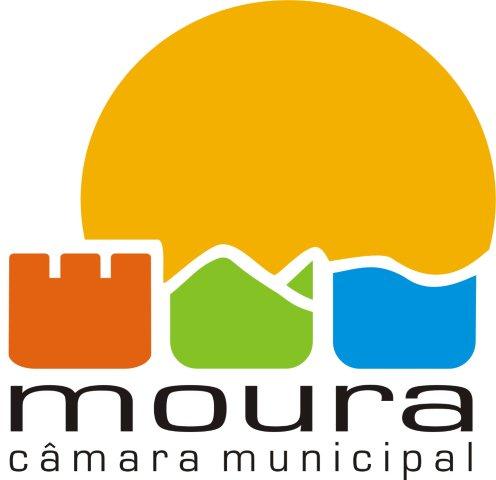Workshop
The Power Challenges of Mega-Science Infrastructures: the example of SKA
Moura, Portugal and Sevilla, Spain
20th-21st June 2012


Rationale
All future major science infrastructures will consider their carbon footprint into the respective development path and lifetimes. The Square Kilometer Array (SKA), an international continental sized ICT machine to be built in the Southern Hemisphere in high irradiance zones (Australia and/or South Africa) presents an ideal scenario to aggregate renewable energy know-how and become a major Green Infrastructure during its lifetime. SKA may set an example for self-sustainable mega-science production and infrastructure operation as was recognized by the COST 2010 action "Benefits of Research Infrastructures beyond Science", with an expected direct economic and indirect societal impacts. Additionaly, the Roadmap of the European Strategy Forum on Research Infrastructures (ESFRI) has indicated that a multitude of test facilities and Research Infrastructures are paramount to lead the world in the efficient use of energy, in promoting new and renewable forms of energy, and in the development of low carbon emission technologies, as part of a Strategic Energy Technology Plan (SET-Plan) adopted by the European Union.
Current energy consumption projections for SKA and recent experiences from pathfinders and precursors (LOFAR, ASKAP, Meerkat) reveal that an important part of the life cycle cost of these large scale radio astronomy projects will be power. Energy transport infrastructure and generation to supply the electronics and the associated cooling are key factors. This last aspect has a direct impact on the system sensitivity, since any potential power caps would limit performance of frontend Low Noise Amplifiers. Thus, power generation and power efficiency (innovative form of passive cooling) become a paramount ingredient of these projects.
This workshop intends to review current R&D trends, industry forecasts for solar energy options and experiences that may respond to the challenges set by Mega Science Infrastructures and in particular by the Square Kilometer Array project. The Workshop will also review the convergence with the Horizon 2020 EC roadmap and is open to all parties. The topics will cover Green Energy experiences with a focus on Solar Photovoltaic, Solar Thermal installations and smart Grid management.
To foster discussions between scientists and power engineers, the social program will include visits to major Power plants at top Iberian installations producing solar power (photovoltaic and thermal) on the Portuguese and Spanish sides of the common border. This region is the most illuminated region of Europe, counting with several large scale examples of solar energy exploitation.
Facilities in the area will be organized and available by bus. Therefore, for logistic reasons, the workshop will be limited to 45 participants.
Participants are invited to bring posters if desired.
Preliminary Program 20th June (Moura)
Key Speakers
- Arnold van Ardenne, ASTRON, Netherlands, "AAs power challenges"
- Michael Kramer, MPfiR, Germany, "SKA as a green infrastructure",
- António Mano, EnergyIn, Portugal, "Industry Forecasts";
- Phil Crosby, SKA Project Office, "SKA Infrastructure & Industry"
- Matias Vettel, I. Fraunhofer, Germany, "R&D trends"
- Manuel Silva, CTAER, Spain, "Thermal Solar Energy and Power Plants"
- Bruce Wallace, SKA-South Africa
- Reinhard Keller, MPfiR, Germany, "RFI from Solar Power Equipment"
- Larry D'Addario, JPL/Caltech, USA, "How to implement SKA digital signal processing so that it uses very little power"
- Bong Won Sohn, KASI, South Korea, "Korean Smartgrid testbed in Jeju Island"
- Thomas Parker, European Spallation Source, Sweden, "Green science projects"
- Andrew Faulkner, Cambridge, UK
Main Themes
- 1 - SKA Power Challenge (morning)
- 2 - Solar/Renewable Options and Challenges (R&D Institutes); smartGRID management (morning)
- 3 - Industry Points of view (R&D, trend and investment)
- 4 - Power and Utilization Risk management
Social Program: 21th June (Moura and Sevilla)
- 1 - On site visits : Amareleja 47MW PV plant (Moura, Portugal)
- 2 - On site visits : PS10, PS20 Solar thermal plants (Sanlúcar la Mayor, Sevilla, Spain)
- There will be a coach available for the visits.
Industry
- ALENER
- MARTIFER
- MFS
- GESTAMP
- SIEMENS BV
- ABENGOA
SOC
Arnold van Ardenne (ASTRON, The Netherlands)
Miguel Avillez (U. Evora, Portugal)
Domingos Barbosa (IT, Portugal)
Luis Cupido (IPFN, Portugal & CRAF)
Peter Hall (ICRAR, Australia)
Bernie Fanaroff (SKA-SA, South Africa)
Reinhard Keller (MPfiR, Germany)
Michael Kramer (MPfiR, Germany)
Dalmiro Maia (CICGE-UP, Portugal)
Antonio Mano (EnergyIn, Portugal)
Manuel Silva (CTAER, Spain)
Juande Santander-Vela (IAA-CSIC, Spain)
Lourdes Verdes-Montenegro (IAA-CSIC, Spain)
Eike Weber (I. Frauenhoffer, Germany)
LOC
Sonia Ánton (CICGE-UP, Portugal)
Domingos Barbosa (IT, Portugal)
Vitor Silva (Logica / Moura)
Sol Luca de Tena (CTAER, Spain)
Nuno Pereira (Logica/ Moura, Portugal)
Juande Santander-Vela (IAA-CSIC, Spain)
Venue and Location
Anfiteatro of Escola Profissional de Moura (20th), Moura, Alentejo Province, Portugal (Rua Henrique José Pinto - Apartado 52 Moura, 7860 - 355, Portugal, Tel: (+351) 285 200 060.
and CTAER (21st), Sevilla, Spain.


